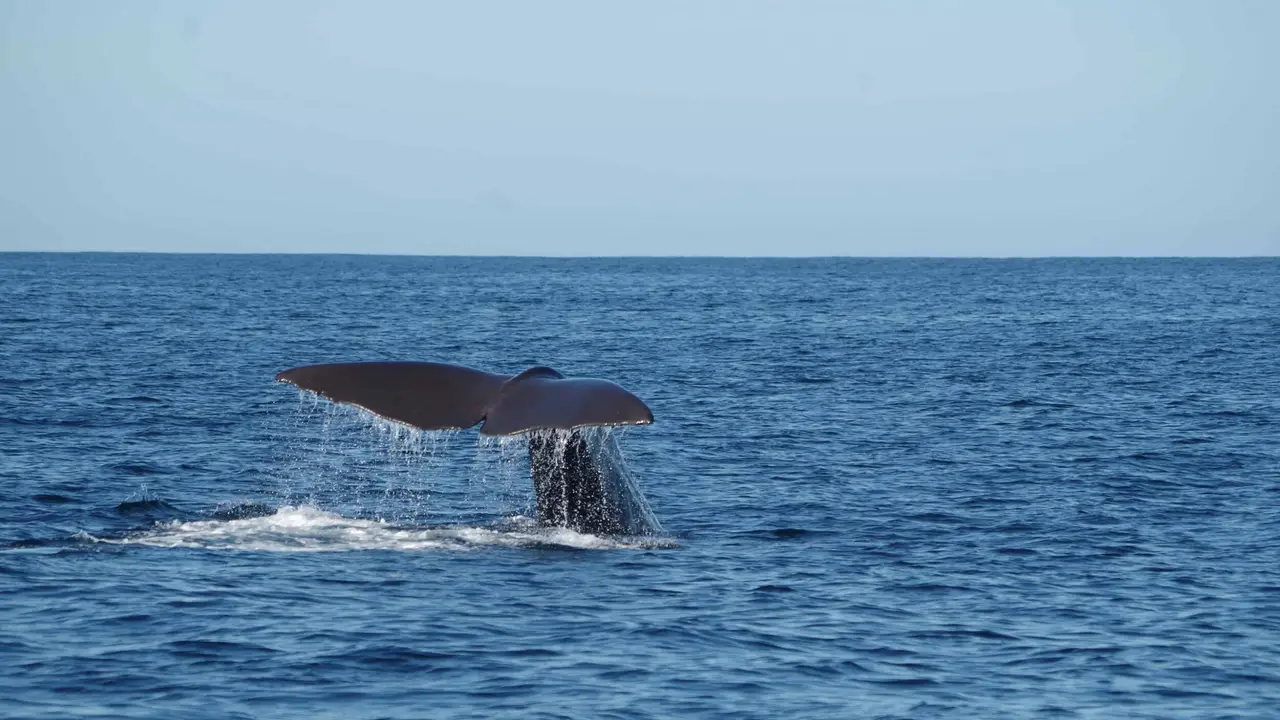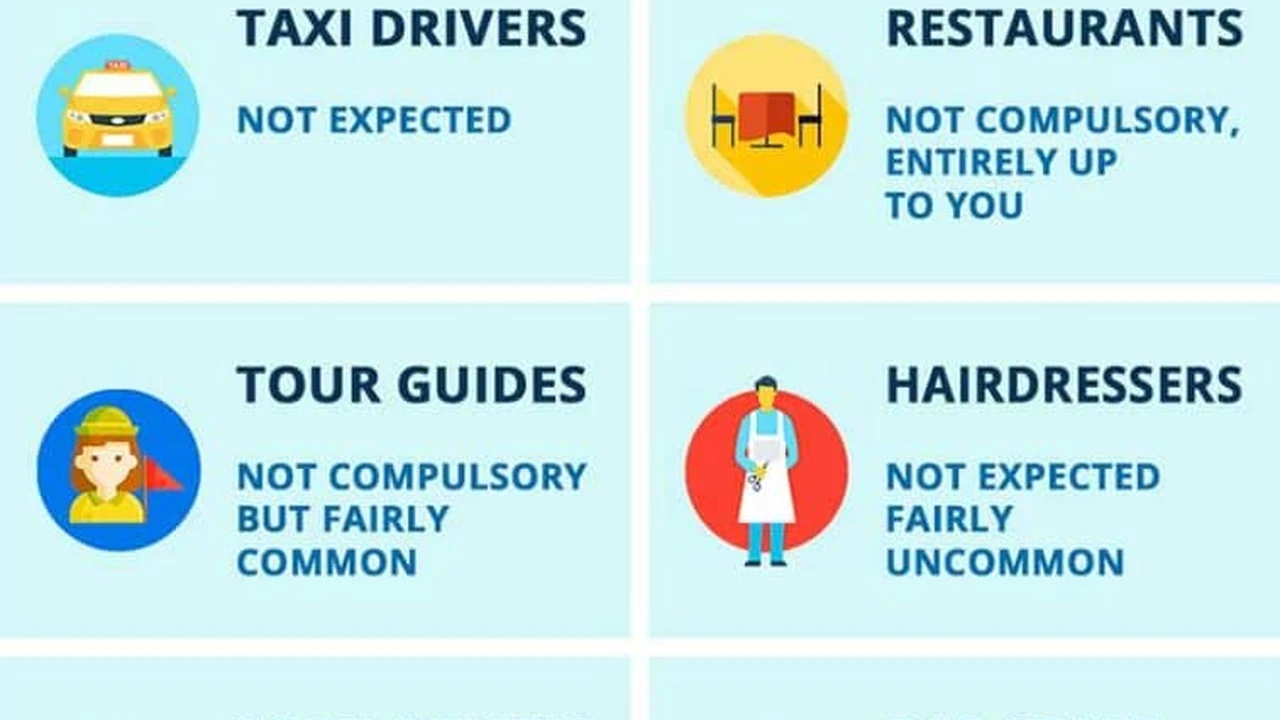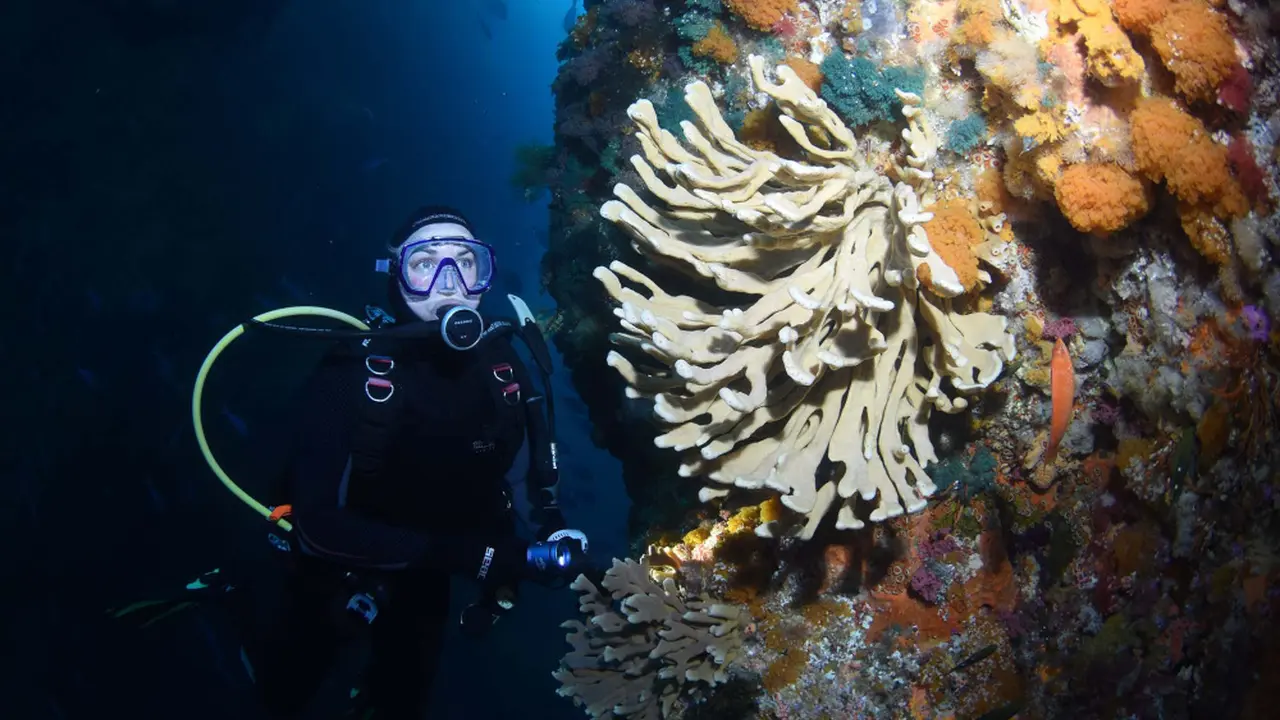Kaikoura: Whale Watching and Marine Life
Sample meta description.

Discover Kaikoura A Coastal Paradise for Whale Watching New Zealand
Alright, let's talk Kaikoura! If you're planning a trip to New Zealand and you're even remotely interested in marine life, you HAVE to put Kaikoura on your list. This little coastal town, nestled between the rugged Kaikoura Ranges and the deep blue Pacific Ocean, is an absolute haven for whales, dolphins, seals, and all sorts of other amazing creatures. Seriously, it's a wildlife lover's dream come true. It's not just about seeing whales (though that's a HUGE part of it!). It's about the whole experience – the stunning scenery, the fresh sea air, and the sheer abundance of marine life right at your fingertips.
Kaikoura Whale Watching Tours An Unforgettable Experience
So, you want to see some whales? Great! Kaikoura is famous for its whale watching tours, and for good reason. The deep underwater canyons right off the coast create the perfect environment for sperm whales to thrive. These massive creatures are the stars of the show, but you might also spot other whale species like humpback whales (especially during their migration season), pilot whales, and even orcas.
Most tours are run by experienced operators who are passionate about conservation and education. They'll take you out on specially designed boats that minimize disturbance to the whales and provide excellent viewing opportunities. You'll learn all about the whales' behavior, their feeding habits, and the local marine ecosystem. It's not just a sightseeing trip; it's an educational and incredibly moving experience.
What to expect on a whale watching tour:
- Duration: Tours typically last around 2-3 hours.
- Boat type: Catamarans are common, offering stability and comfortable viewing.
- Guaranteed sightings: Many operators offer a guarantee – if you don't see a whale, you'll get a partial refund or a free return trip.
- What to bring: Warm clothing, sunscreen, a hat, sunglasses, and your camera!
Other Marine Life Encounters Dolphin Swimming and Seal Watching in Kaikoura New Zealand
Whales aren't the only attraction in Kaikoura. You can also get up close and personal with dolphins on a dolphin swimming or watching tour. These playful creatures are incredibly social, and they love to interact with humans. Swimming with dolphins is an experience you'll never forget – imagine being surrounded by these intelligent and graceful animals as they swim and play around you! Even if you don't want to get in the water, the dolphin watching tours are fantastic, with plenty of opportunities to see them jumping, flipping, and generally showing off.
And let's not forget the seals! Kaikoura is home to a large population of New Zealand fur seals. You can see them basking on the rocks along the coastline, especially at the Ohau Point Seal Colony, a short drive north of Kaikoura. It's amazing to watch these seals in their natural habitat – they're surprisingly agile on land and incredibly graceful in the water. Remember to keep a respectful distance and avoid disturbing them.
Essential Gear for Your Kaikoura Adventure Must Have Products for Whale Watching and Marine Encounters
Okay, so you're heading to Kaikoura. Let's talk gear! You'll want to be prepared for all kinds of weather, even on a sunny day. The sea breeze can be chilly, and the sun can be strong. Here are a few essentials:
- Waterproof Jacket: A must-have, regardless of the forecast. The weather can change quickly, and you'll want to stay dry and comfortable on the boat. I recommend the Kathmandu Heli Women's Rain Jacket (around $250 NZD) for its waterproof and windproof capabilities. Alternatively, the Macpac Resolution Men's Rain Jacket (around $200 NZD) is a great option.
- Warm Layers: Merino wool is your best friend. It's warm, breathable, and naturally odor-resistant. A merino wool base layer and a fleece jacket will keep you cozy. Check out Icebreaker's range of merino wool base layers (around $100 NZD per piece). For fleece jackets, Patagonia's R1 Fleece Pullover (around $200 NZD) is a classic.
- Sunscreen: Even on a cloudy day, the sun can be intense, especially reflecting off the water. Choose a high SPF sunscreen (SPF 30 or higher) and apply it liberally. Neutrogena Ultra Sheer Dry-Touch Sunscreen (around $20 NZD) is a popular choice.
- Sunglasses: Protect your eyes from the glare with a good pair of sunglasses. Polarized lenses are ideal for reducing glare on the water. Maui Jim sunglasses (ranging from $300-$500 NZD) are a great investment.
- Binoculars: Enhance your whale watching experience with a pair of binoculars. You'll be able to see the whales and other marine life in greater detail. The Nikon Aculon A211 8x42 binoculars (around $150 NZD) offer excellent value for money.
- Motion Sickness Medication: If you're prone to motion sickness, it's a good idea to take some medication before your tour. Kwells (around $10 NZD) are a common and effective option.
- Camera: Don't forget your camera to capture those amazing memories! A waterproof camera or a waterproof case for your phone is a good idea. The GoPro HERO11 Black (around $600 NZD) is a versatile option for capturing both photos and videos.
Comparing Binoculars for Whale Watching Nikon vs Bushnell vs Vortex
Choosing the right binoculars can significantly enhance your whale watching experience. Here's a quick comparison of three popular brands:
- Nikon: Known for their excellent optics and value for money. The Nikon Aculon A211 8x42 (around $150 NZD) is a great entry-level option. They're lightweight, durable, and offer clear images.
- Bushnell: Offers a wide range of binoculars for different budgets and needs. The Bushnell H2O 8x42 Waterproof Binoculars (around $200 NZD) are a solid choice for marine environments, thanks to their waterproof construction.
- Vortex: A premium brand known for its high-quality optics and ruggedness. The Vortex Diamondback HD 8x42 Binoculars (around $350 NZD) are a step up in terms of image clarity and durability. They also come with a lifetime warranty.
Recommendation: For most whale watchers, the Nikon Aculon A211 offers the best balance of performance and price. However, if you're looking for extra durability or superior image quality, the Bushnell H2O or Vortex Diamondback HD are worth considering.
Camera Choices Capturing Marine Life Photography and Videography Tips
Want to capture stunning photos and videos of whales and other marine life? Here are a few camera options and tips:
- Smartphone: Today's smartphones have surprisingly good cameras. Just make sure you have a waterproof case or bag to protect your phone from splashes.
- Point-and-Shoot Camera: A point-and-shoot camera with a good zoom lens can be a great option for capturing distant wildlife. Look for models with optical zoom capabilities (rather than digital zoom).
- DSLR or Mirrorless Camera: For the best image quality and versatility, a DSLR or mirrorless camera is the way to go. You'll need a telephoto lens (200mm or longer) to get close-up shots of whales.
- Action Camera (GoPro): A GoPro is perfect for capturing underwater footage or for mounting on your boat. They're durable, waterproof, and easy to use.
Photography Tips:
- Use a fast shutter speed: To freeze the action, use a shutter speed of at least 1/500th of a second.
- Use a wide aperture: To create a shallow depth of field and blur the background, use a wide aperture (f/2.8 or f/4).
- Use burst mode: To increase your chances of capturing the perfect shot, use burst mode to take a series of photos in rapid succession.
- Pay attention to the light: The best time to photograph whales is during the golden hours (early morning and late afternoon) when the light is soft and warm.
Accommodation Options Where to Stay in Kaikoura New Zealand Hotels and Motels
Kaikoura offers a range of accommodation options to suit all budgets and preferences:
- Luxury Hotels: For a luxurious stay, check out The Manukau Lodge (around $400+ NZD per night), offering stunning ocean views and top-notch amenities.
- Mid-Range Hotels: The Anchor Inn Motel (around $200-300 NZD per night) provides comfortable rooms and a convenient location.
- Budget-Friendly Motels: Kaikoura Gateway Motor Lodge (around $150-200 NZD per night) offers clean and affordable accommodation.
- Backpacker Hostels: YHA Kaikoura (around $30-40 NZD per night) is a great option for budget travelers.
- Camping: There are several campsites in and around Kaikoura, offering a more affordable and outdoorsy experience.
Dining Experiences Savoring Local Cuisine Seafood Restaurants in Kaikoura
Kaikoura is renowned for its fresh seafood. Be sure to try the local crayfish (lobster)! Here are a few recommended restaurants:
- Nin's Bin: A legendary roadside caravan serving up delicious crayfish. It's a must-visit!
- The Pier Hotel Restaurant: Offers a more formal dining experience with stunning ocean views and a wide range of seafood dishes.
- Sails Restaurant & Bar: Another popular choice for fresh seafood and a relaxed atmosphere.
Getting Around Kaikoura Transportation Options and Car Rentals
Kaikoura is a relatively small town, and it's easy to get around. Here are a few transportation options:
- Car Rental: Renting a car is the best way to explore the surrounding area, including the Ohau Point Seal Colony and other scenic spots. Major car rental companies like Avis, Hertz, and Europcar have branches in Kaikoura.
- Taxi: Taxis are available, but they can be expensive.
- Walking: The town center is easily walkable.
- Shuttle Services: Some accommodation providers offer shuttle services to and from the airport or train station.
Planning Your Trip Best Time to Visit Kaikoura for Whale Watching
The best time to visit Kaikoura for whale watching depends on what you want to see:
- Sperm Whales: Sperm whales can be seen year-round, but the best time to see them is during the summer months (December to February).
- Humpback Whales: Humpback whales migrate past Kaikoura during their breeding season (June to July and November to December).
- Other Whales: You might also see pilot whales, orcas, and other whale species throughout the year.
No matter when you visit, Kaikoura is sure to be an unforgettable experience. So pack your bags, grab your camera, and get ready to be amazed by the incredible marine life of this coastal paradise!
:max_bytes(150000):strip_icc()/277019-baked-pork-chops-with-cream-of-mushroom-soup-DDMFS-beauty-4x3-BG-7505-5762b731cf30447d9cbbbbbf387beafa.jpg)






